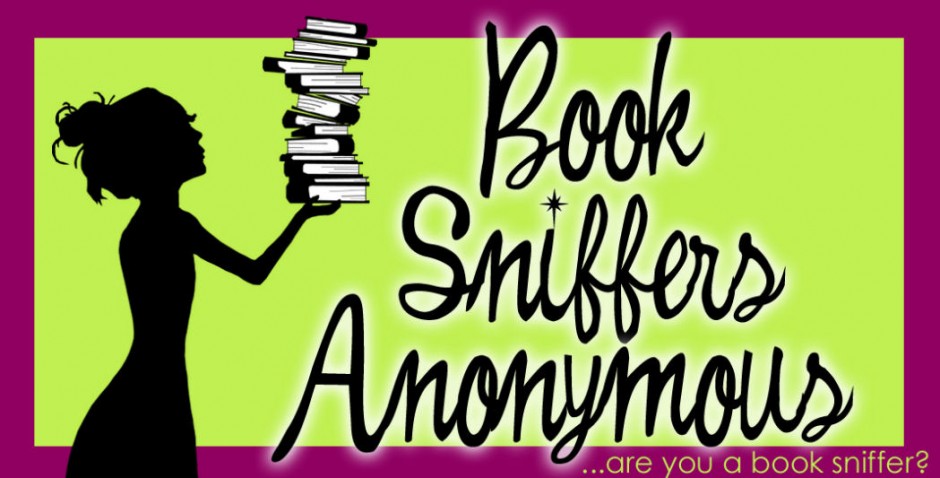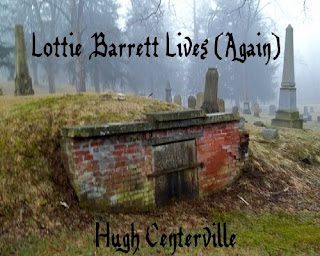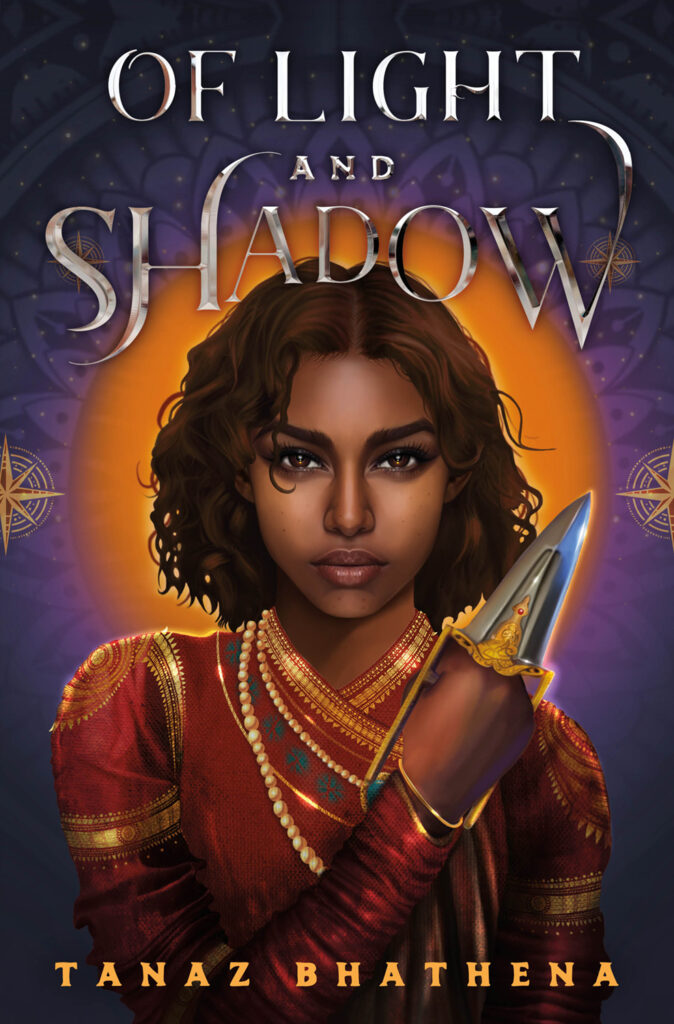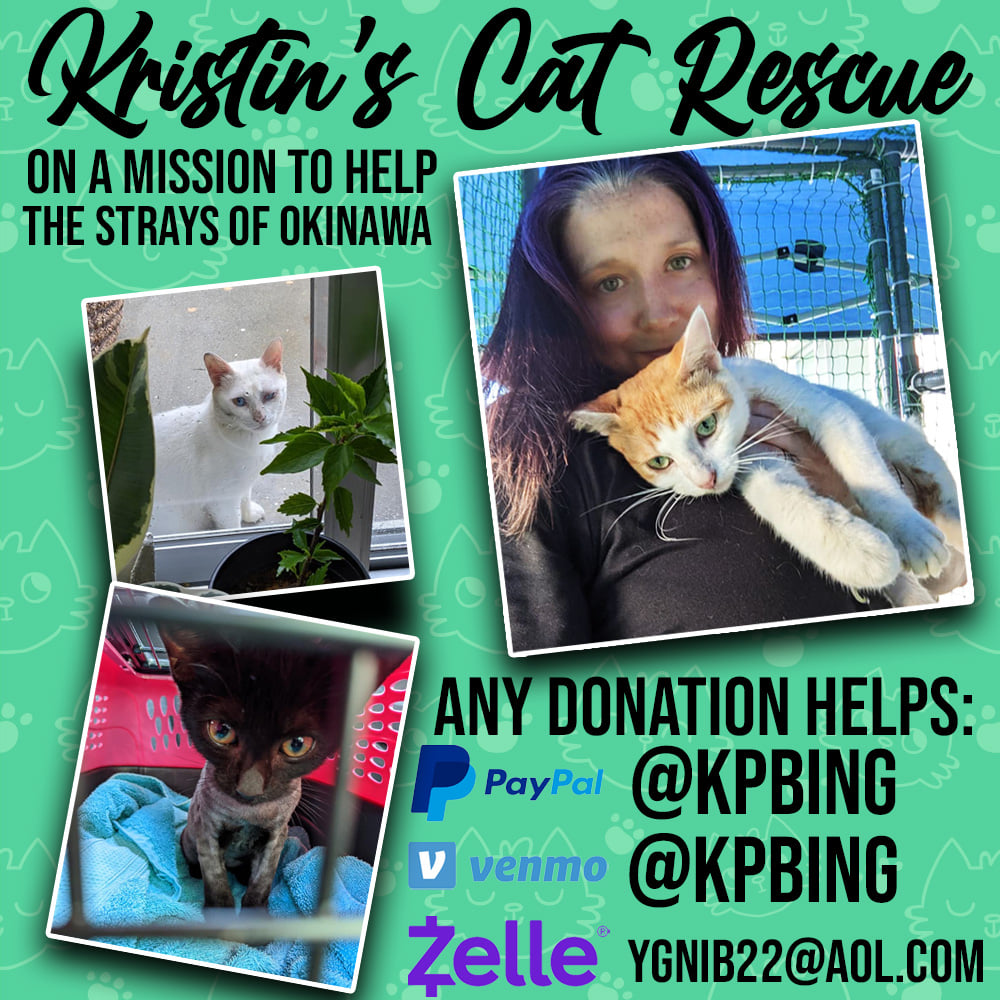Lottie Barrett Lives (Again)
By: Hugh Centerville
Publisher: Self-published
Published: Aug. 1, 2012
Genre: Paranormal
Goodreads | Amazon | Smashwords
It’s Halloween night, 1966. 13 year old Lottie has been dead a 100 years and the kids go up to the graveyard with the book of spells Charlene Pendergrass swiped from Miss Robespierre. The kids are going to have some fun scaring themselves, bringing Lottie back, but it turns out Miss Robespierre isn’t the faker everyone says she is and there’s nothing fake about her book either and now there’s a ghost-girl walking the streets of Hope Mountain and what to do with her?
Maybe nothing.
Lottie’s no zombie ax-murderer. She’s just a peculiar kid who wants to be a teenager, something she missed the first time. What else she wants is Bobby Clyde, cutest boy in the freshman class and how can Bobby resist? Lottie is cute and sweet and funny, or are those things illusory, a witch’s spell on Bobby? And what’s Bobby going to do when it’s time for Lottie to go back up onto the hill? Bobby is determined to go with her. Lottie doesn’t think he should go but she doesn’t think she could live (or die,) without him. Only Bobby’s mom and big sister can save him and before they can save him, they have to convince themselves it really is true, and there isn’t much time.
Rambling on Grammar
Some things I like about grammar, some things I don’t.
Don’t let bloggers or indie writers or anyone else tell you grammar doesn’t matter. It does. If you think it doesn’t, spend some time on the internet. (Or on the Internet, because there’s only one Internet, which means we’re talking about one specific Internet, which makes it a proper noun.)
I was disturbed when I came across some websites dedicated to banishing the apostrophe. Why banish the little dude and where’s he supposed to go, if he’s exiled? Elba? There are a few reasons given for doing it and mostly it comes down to apostrophes not being worth the effort. Huh? One little slash can say a lot, depending on where it’s located and they’re not really so difficult to do correctly. I mean, if you’re going to banish something because it’s difficult, banish commas. Apostrophes at least have sense enough to follow their own rules.
Fear not, apostrophe-lovers. Apostrophes aren’t going anywhere. Nothing is ever banished in grammar. Things do go away but it takes a while (not awhile) for them to go. Language doesn’t banish, it evolves and besides, there are more important grammar things to worry about.
Like T-shirts. Why do we have to capitalize T-shirts? One reason I’ve seen is because T-shirts are shaped like Ts. Come again? What’s shaped like a T? The T-shirt? So what. And aren’t all shirts shaped the same, more or less? Contoured to fit a torso? Or maybe we capitalize it because any letter standing alone on the opposite side of a dash from the rest of itself deserves to get capitalized, you know, like e-mail and e-book. Compensating the single letter for its isolation from the rest of itself I could maybe buy. It makes more sense than just being shaped like a shirt.
I may not like capitalizing my T-shirts but you can see I’m doing it, otherwise folks might think I don’t know any better.
Maybe we capitalize T-shirt because consistency matters (it does,) and we capitalize X-ray and G-clef, except we don’t capitalize g-clef unless we feel like it. One of my books was about kids spending a summer on a lake and there were plenty of T-shirts. Nineteen of them, as I recall, and none of them initially earned a big T and finally and after a few revisions and after hearing from folks who could only shake their heads at my ignorance, I went back and begrudgingly capitalized all nineteen of my T-shirts.
And can someone please tell me why I have to capitalize TV? This one really bugs me. I mean, it’s not like I have a choice, like I do with OK, or, I should say, choices with OK – O.K., OK, o.k., ok, okay already! (Not to be confused with all ready.) OK comes in a lot of styles but TV is TV. Period. Must be an abbreviation for the proper noun, television.
Why are some words words and some aren’t? Like ahold. It seems to me there’s a real need for the word ahold, but check your dictionary, it’s either not there or if it’s listed, it’s with a caveat – non-standard, which means it’s not a real word but you’re going to use it, so just you go ahead and flaunt your social inferiority. Well, I’m sorry, all you educated people, but it seems to me we have a need for ahold, in fiction, anyway, especially in dialogue.
Say you’re writing a story about a schoolyard bully. A kid stands up to the bully and the bully runs away and the kid shakes his fist at the fleeing bully and says what kids say in the schoolyard: Just you wait until I get ahold…eh, just you wait until I clasp, embrace, enfold, press, squeeze, clinch, bosom, clip, embosom you…
Which might lead one to ask, if there’s a glaring need for a particular word, why does the word have to settle for junior status? Ahold is considered informal, which is a kind of incubator for words. They put you in the deep freeze until they figure you’re old enough or whatever to be a real word and they release you. Poor ahold has been waiting four hundred years. Maybe they put it in there and forgot about it.
Same for alright. Non-standard, socially inferior, but acceptable as an evolved form of all right. Somebody (or someone, your choice,) asks how are you doing and you say alright, not all right. It’s an inflection thing, a nuance, like yes, sir, or, and if you’re in the army, yessir!
There’s one word battle that snooty grammarians will never lose and I’m with them on this one – the most horrific four letter word in the English language, the ultimate outcast in the world of words – ain’t. You very well know, “ain’t ain’t proper language.” Most dictionaries don’t include it and those that do have that notation and talk about socially inferior. Say ain’t and the venom drips.
Ain’t is a contraction although it’s hard to figure out exactly what two words ain’t is contracting, which is the rule of contractions, combine two words by taking out a letter or two and replacing them with an apostrophe, for example – won’t.
Ain’t, like most four letter words, has a cringe association. And speaking of cringe factors, how about a word that has a cringe factor or not, depending on how it’s used – like crick, for creek. I can have a crick in my neck but I can’t have one running through my backyard.
And what about French fries? Yes, French fries, not french fries. In another of my books I had a girl who was obsessed with French fries and since her dad had Popeye arms and drank Scotch whiskey and the girl’s mom was a Shakespearean actress (or are actresses all just actors now,) I figured it was OK for the girl to eat French fries. Want to know why folks say don’t capitalize the French in French fries? Because French fries were invented in Belgium. Seriously. OK, it’s because of common usage. Eat enough French fries and they’re not special anymore. I figure I’ll keep on calling them French fries until they change English muffins into english muffins, or until Belgium waffles become just plain waffles. Or until I get enough grief over it.
WJ Smith, aka Hugh Centerville lives in New York State’s Hudson Valley. He is the author of the sword and sorcery, Christian fantasy epic, The Denouement, and is the author of two paranormal boomer fiction books, Bobby Slater’s World and Lottie Barrett Lives (Again). Hugh likes, in no particular order, baseball, dogs (especially beagles,) tall spreading sycamores and old Indian stuff.








